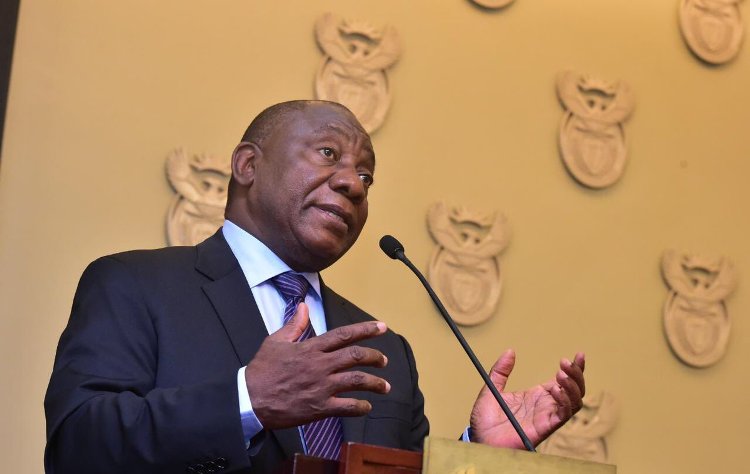President Ramaphosa to launch district-based coordination model
The President said the consequence of this challenge was non-optimal delivery of services and diminished impact on the triple challenges of poverty, inequality, and unemployment.

- Country:
- South Africa
President Cyril Ramaphosa will officially launch the first pilot site of the district-based coordination model dubbed ”Khawuleza” at a Presidential Imbizo in OR Tambo District Municipality in the Eastern Cape Province on Tuesday, 17 September 2019.
In his presentation of the Presidency Budget Vote to the National Assembly on 17 July 2019, President Ramaphosa identified the “pattern of operating in silos in” in government as a challenge which led to “lack of coherence in planning and implementation and has made monitoring and oversight of government’s program difficult”.
The President said the consequence of this challenge was non-optimal delivery of services and diminished impact on the triple challenges of poverty, inequality, and unemployment.
In view of government’s own recognition of shortcomings in service delivery and in response to demands by citizens and institutions of civil society for improved delivery, Cabinet has adopted a new integrated district-based approach to enabling development in the 44 districts and 8 Metros that constitute the country.
The new district-based coordination model aims to address service delivery and economic development challenges through the synchronization of planning across all spheres of government, working alongside social partners such as business and community.
From planning to implementation in each district, the government will consult social partners to ensure that development meets the needs of local communities and stakeholders and government will ensure that the local, provincial and national spheres have a shared plan to drive development in the district concerned.
Implementation will entail localized procurement and job creation to ensure that local businesses participate in and benefit from development, and that citizens in the district concerned are prioritized for employment on local projects.
OR Tambo District Municipality, Waterberg District Municipality in Limpopo and eThekwini Metropolitan Municipality in KwaZulu-Natal, have been identified as the first three pilot sites for the model. The OR Tambo District Municipality comprises the following local municipalities: King Sabatha Dalindyebo, Nyandeni, Ingquza Hill, Mhlontlo and Port St Johns.
The development will be pursued through single, integrated district plans enabled by the vision of “One District; One Plan; One Budget; One Approach”. This model has been endorsed by Cabinet, local government structures, traditional authorities and the President’s Coordinating Council (PCC).
This new approach will require - with effect from the 2020/21 Budget cycle - that national budgets and programs be spatially referenced across the 44 districts and 8 Metros. Similarly, provincial government budgets and programs will be spatially referenced to districts and metros in the respective provinces, while municipalities will express the needs and aspirations of communities in integrated development plans for the 44 districts and 8 Metros.
During the Imbizo, the three spheres of government will outline the government’s 5-year consolidated plan for the OR Tambo District. The occasion will also provide an opportunity for the community to engage the government, as a whole, on societal challenges and further opportunities for development and partnership.
(With Inputs from South African Presidency Release)










